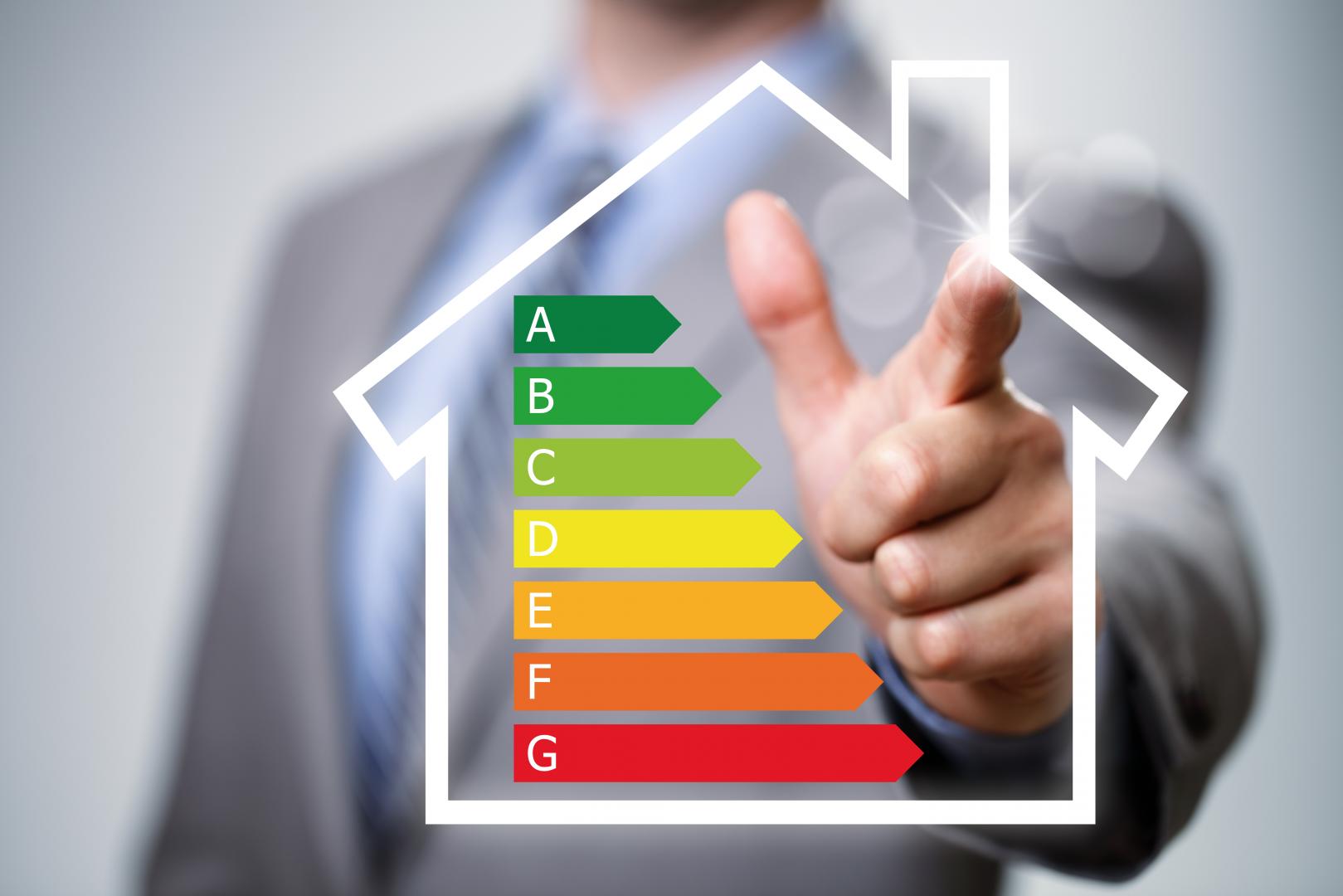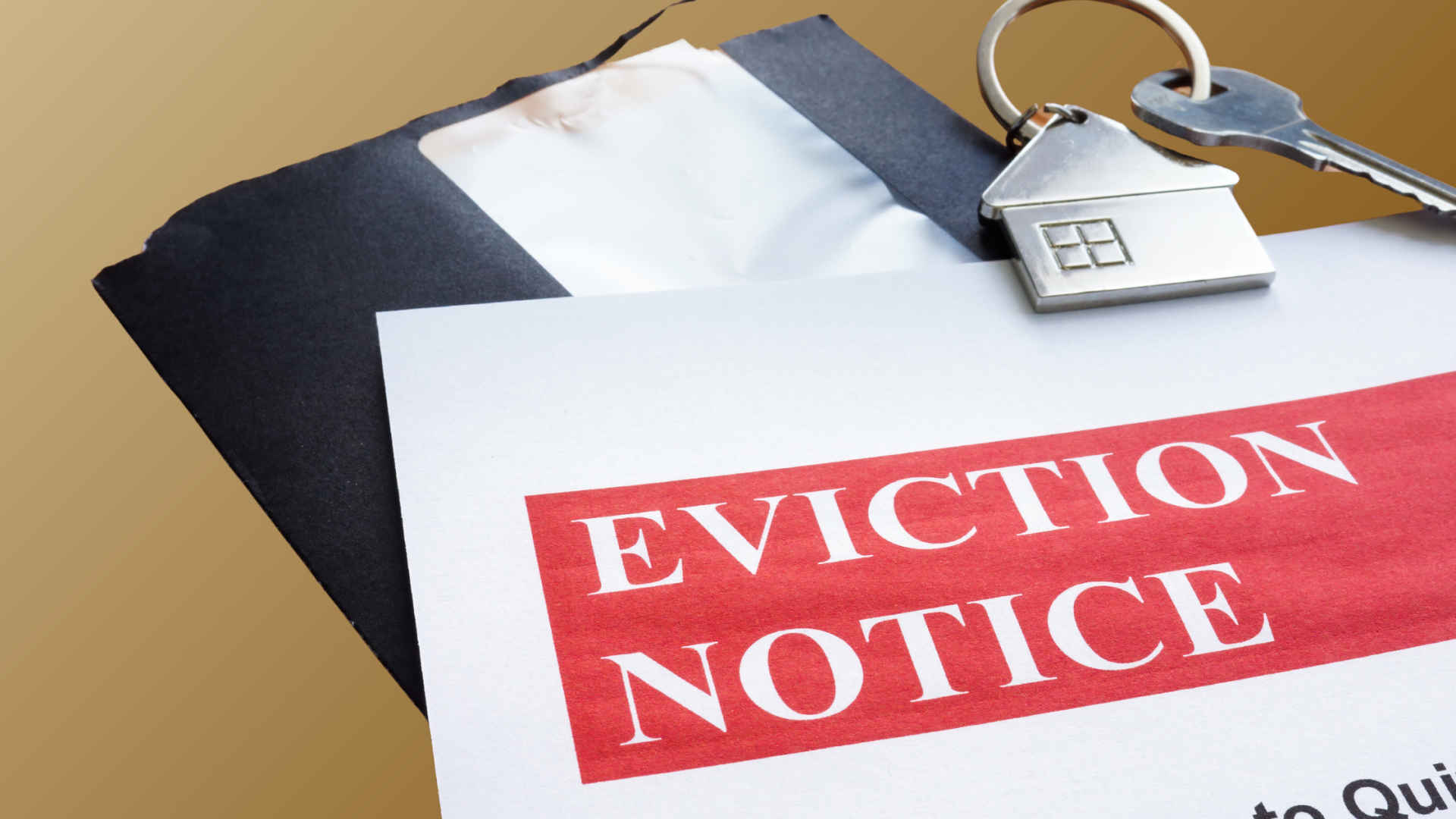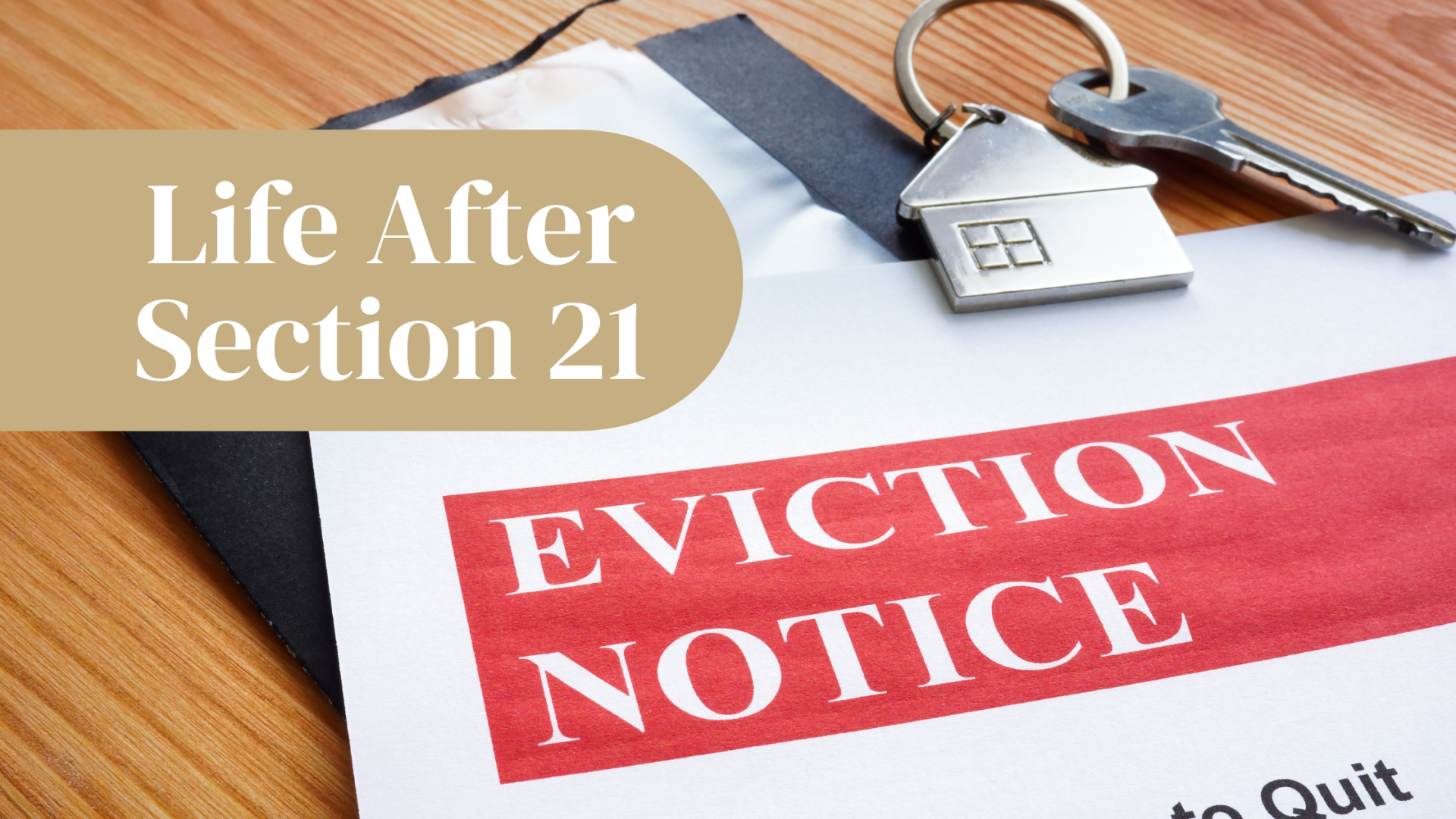This probably seems like a no brainer at first glance, every property needs an EPC !
Actually this is a bit of a grey area.
The Deregulation Act makes it unlawful to serve a Section 21 Notice in England when the landlord is in breach of the legal requirements relating to the provision of Energy Performance Certificates (EPC), and the EPC needs to be provided to the tenant before they enter into a tenancy agreement. The information on the Section 21 Notice makes this very clear too.
The reason for this is obvious, a tenant needs to understand the likely utility bills for heating a property before agreeing to the tenancy. However flawed the EPC system is this is the way that the law defines tenants should assess this.
Yet in a HMO the tenants do not normally pay the utility bills, the landlord does. Therefore, the EPC is not relevant for the tenant.
To further muddy the waters, the How to Rent Guide, which must be provided to all tenants, used to say that an EPC was not required for a HMO but this sentence was removed from the guide despite there being no legal change.
The legal case for not requiring an EPC on a HMO (where the landlord pays the bills) has been proven in court in a couple of cases now.
Most landlords seem to get one anyway, just to tick the box and make sure it is never raised as a potential issue.
But there might be a very good reason for not getting an EPC.
The government plan is that all rental property must meet an EPC rating of C or better by 2025. This is going to incredibly challenging for many older buildings, buildings which have traditionally been more likely to be converted into HMOs because of the more generous room sizes.
As a result a lot of HMOs may struggle to meet this standard without massive cost to the landlords.
If the property has an EPC then there will be a requirement to comply with these new standards, but if the property does not need an EPC and does not have one, then minimum energy efficiency standards do not apply.
Many HMO landlords may look at this and see a perfectly legitimate way to avoid energy efficiency upgrades by not getting or not renewing their EPCs between now and 2025.


 By
By 



Share this with
Email
Facebook
Messenger
Twitter
Pinterest
LinkedIn
Copy this link